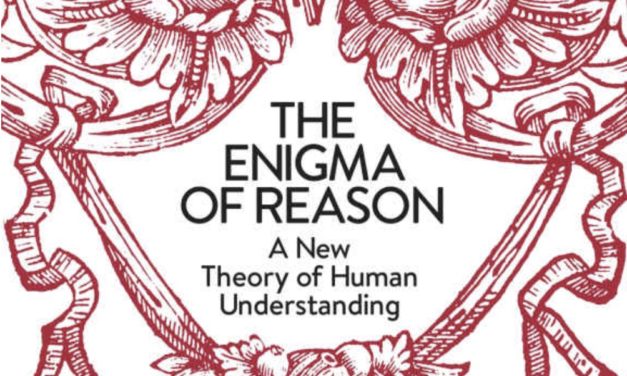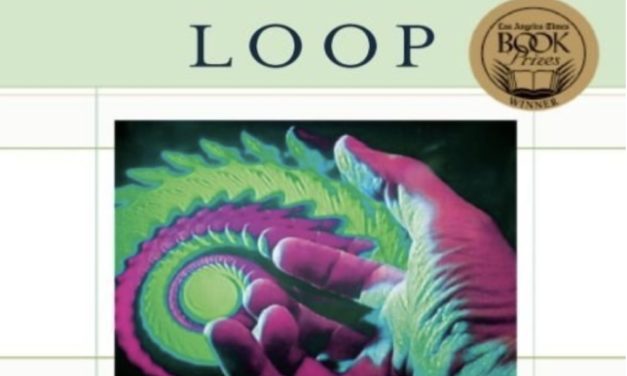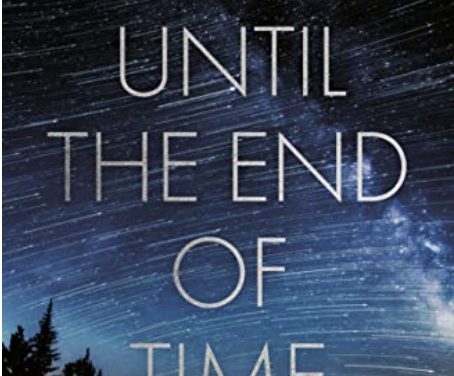The Diversity Bonus: How Great Teams Pay Off in the Knowledge Economy
What if workforce diversity is more than simply the right thing to do? What if it can also improve the bottom line? It can. The Diversity Bonus shows how and why. — amazon.co.uk
Read More




